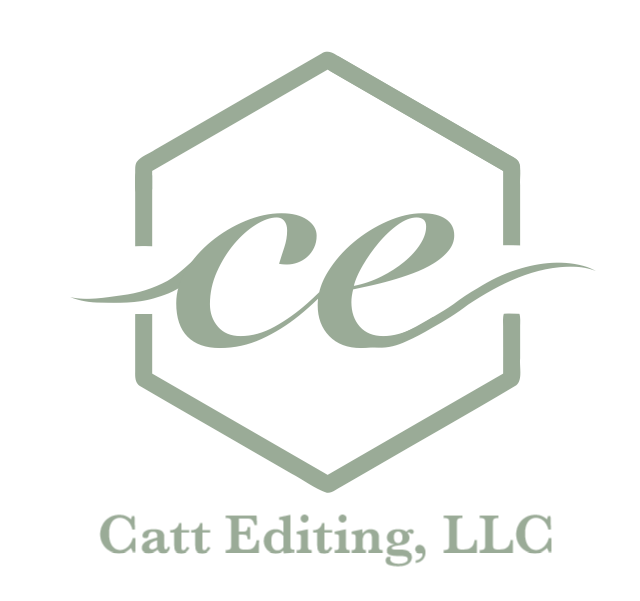Does a Specific Audience Matter (in Nonfiction Books)?
Yes, having a specific audience absolutely matters when writing a nonfiction book.
Consider this: You need to tell someone you’ll be late to get to your destination. The message you send will be vastly different if you’re telling your partner you’ll be late to get home or your boss you’ll be late for work or a hotel you’ll be late to check in. That’s because your audience is different—even though the message is the same: you’ll be late.
Now think about this in the context of a book. Are you writing to experts in the field or someone who is just starting to learn about this topic? Are you writing to upper-class people, lower-class people, or people of all SES backgrounds? Are you writing to people in your geographical area only or anywhere in the world?
You don’t need to write to everyone. Let me say it again for the people in the back.
You don’t need to write to everyone.
You’re Not Writing to Everyone
When authors tell me their audience is “everyone,” my eye twitches a little. You’re not writing to everyone. You shouldn’t be, because if you’re writing to everyone, you’re not really speaking to anyone. And no one will hear you!
Have you ever read a book and thought, That’s just like me or I do that or That’s what I was thinking? Doesn’t that feel good? To be understood and spoken to directly? To have all of your questions answered? That’s because you were in their very specific target audience.
You won’t be able to hit everyone’s pain points and solve everyone’s problems and educate on every aspect of a problem for all knowledge levels from all perspectives of the topic. You just can’t. And if you could, you don’t want to. Think about if you’re trying to read a book for professional development in a topic you already know a fair amount about, but every few paragraphs there’s really basic information explaining fundamentals of this topic. That’s going to take you so much more time to read than if the book were just targeting experts on the topic. And on the other side of the coin, if you want to learn about a new topic, but the book you picked up has really complex concepts between the fundamentals, that’s confusing and hard to keep up with. Wouldn’t it be better if the book only had information for beginners?
“But My Book Actually Is for Everyone.”
You might think narrowing down your audience doesn’t apply to your book for whatever reason, but it does. If you’re not writing self-help, maybe you’re writing a memoir. What’s the purpose of your book? Are you educating people who have never experienced the things you’ve experienced? Well, that’s a specific audience right there. Are you helping others who have experienced what you’ve experienced not feel so alone? That’s a different audience. If you’re doing both in your book, that’s great! I’m not saying you can’t do that. But even in this instance, your audience is already probably limited to people interested in the topic. If you’re trying to market your book about your journey to self-discovery to someone who doesn’t like that genre, you’re not going to get many sales. If nothing else, Audience = People interested in self-discovery journeys.
Even age groups can draw a line. You’ll be writing a very different book if you’re writing to children or high schoolers or thirty-year-olds or seventy-year-olds—no matter the topic.
“Doesn’t That Limit Who Will Buy My Book?”
Just because someone isn’t in your specific target audience doesn’t mean they can’t read your book. They can and will. Your target audience is just for you to know. There will be hints throughout the entire book (because you’re talking to them directly), but it’s not like the front cover has a list of traits and if someone doesn’t match them, they can’t read the book.
Having a specific target audience will help you get more book sales. Yes, that’s true. Here’s how. Imagine you have a bug problem in your house. There are ant hills in your backyard, and it’s becoming an issue. You google pest control places near you and click on the first two hits. The first one is a company that has a list of twenty pests they take care of, including ants. The second one specializes in only ants. Which will you choose? Probably the one that specializes in ants because they’re way more knowledgeable about this specific problem you’re having.
If someone is in a bookstore with a specific topic they want to learn about, they’re going to pick the book that’s more specific to their problem. Talk to a specific audience with a specific problem to convert more sales.
If you’re looking for guidance in how to make your nonfiction book better for your audience, contact me!
